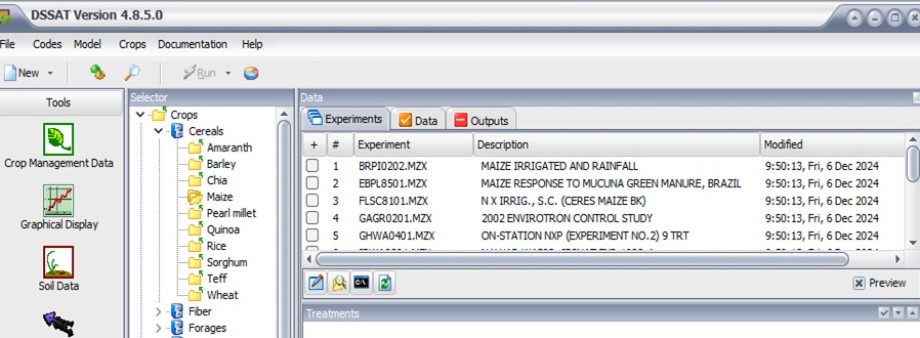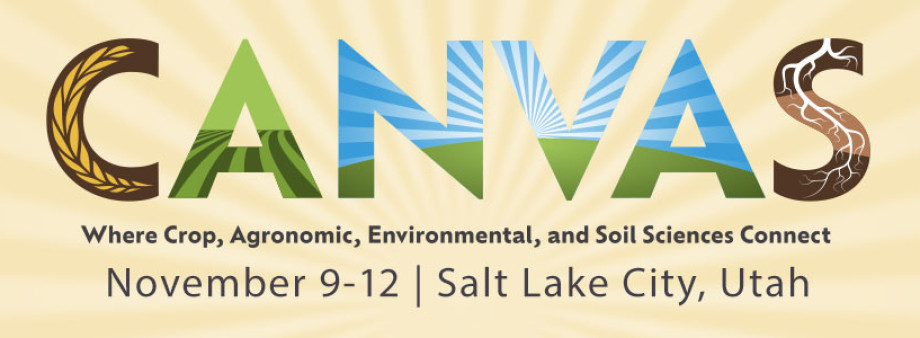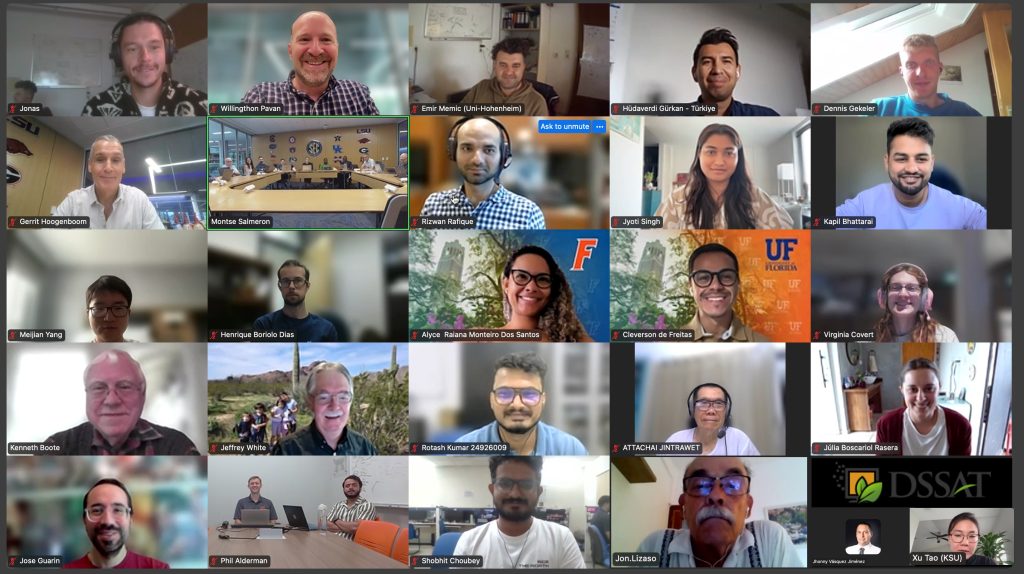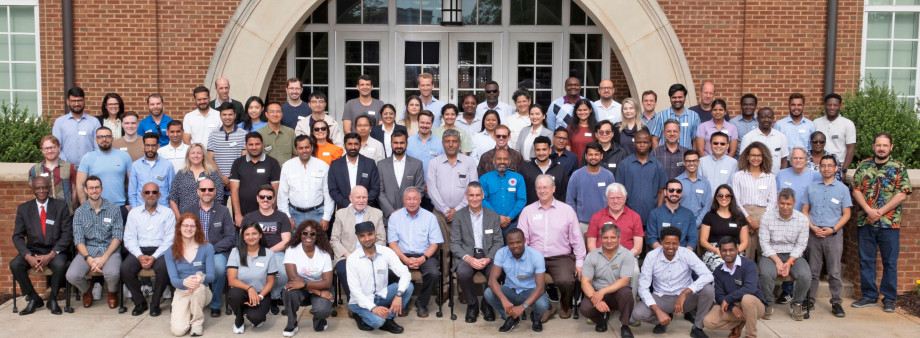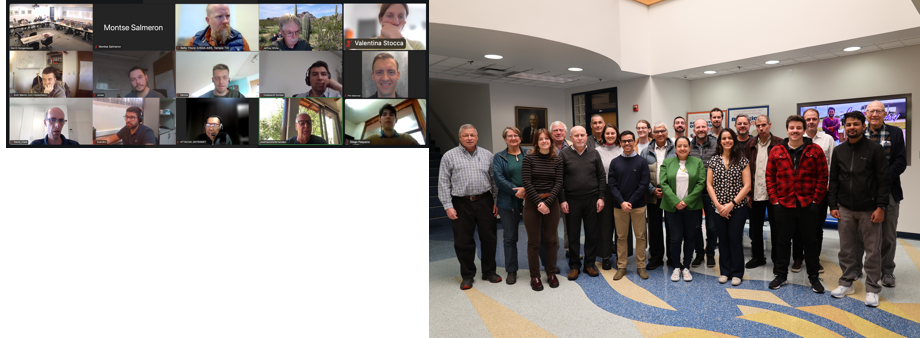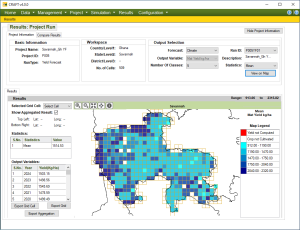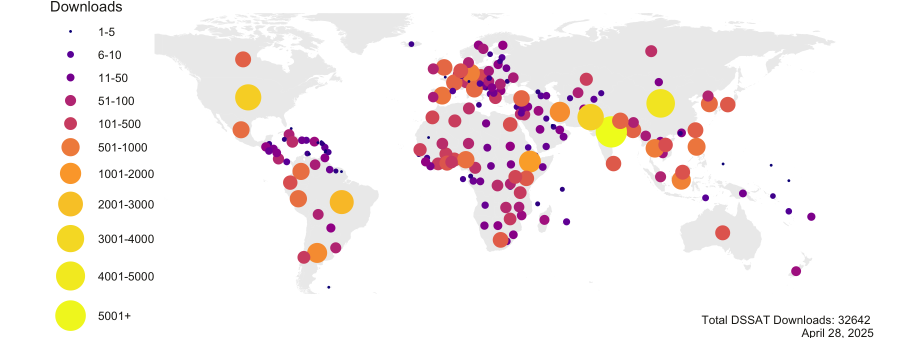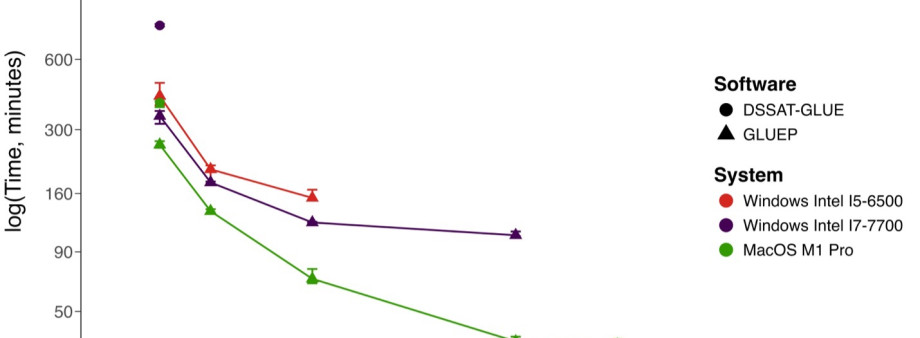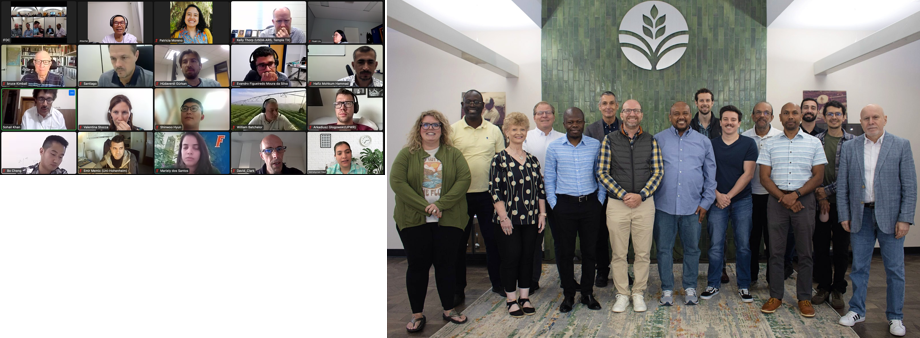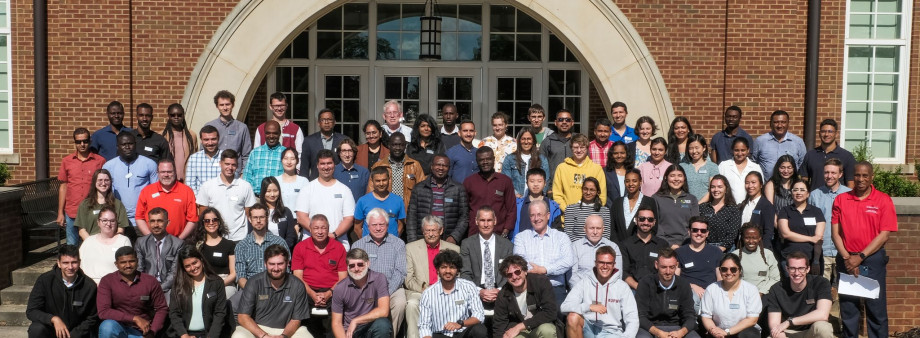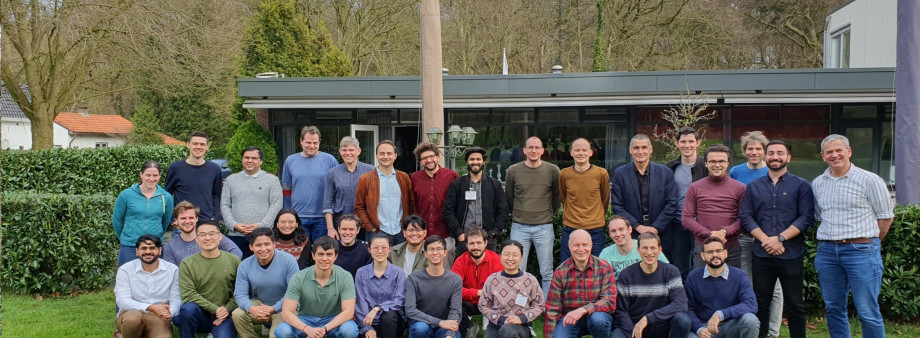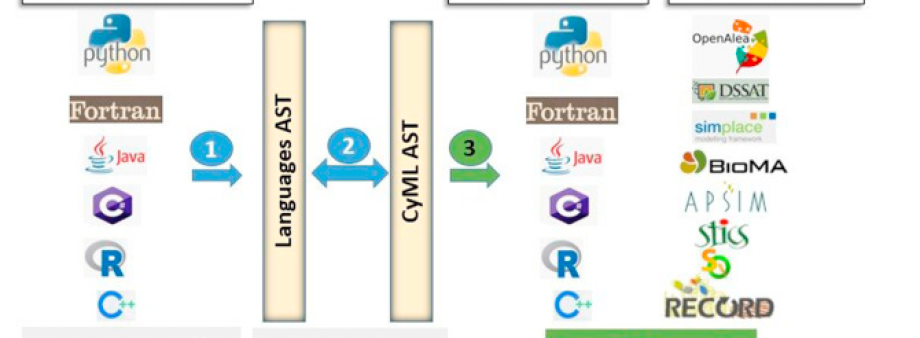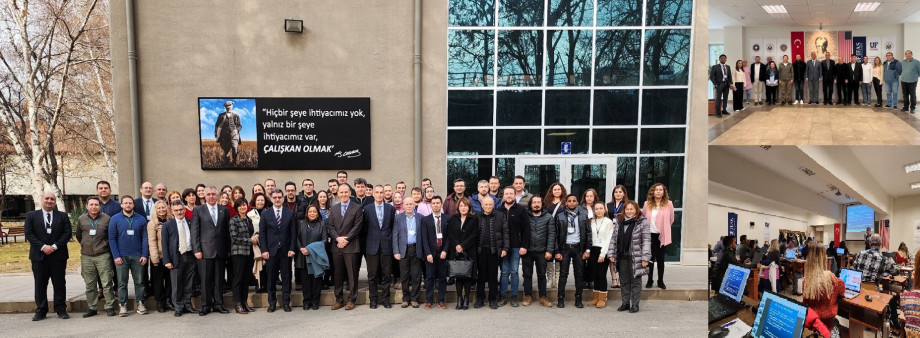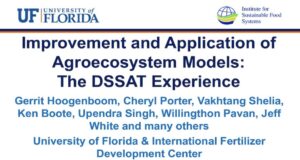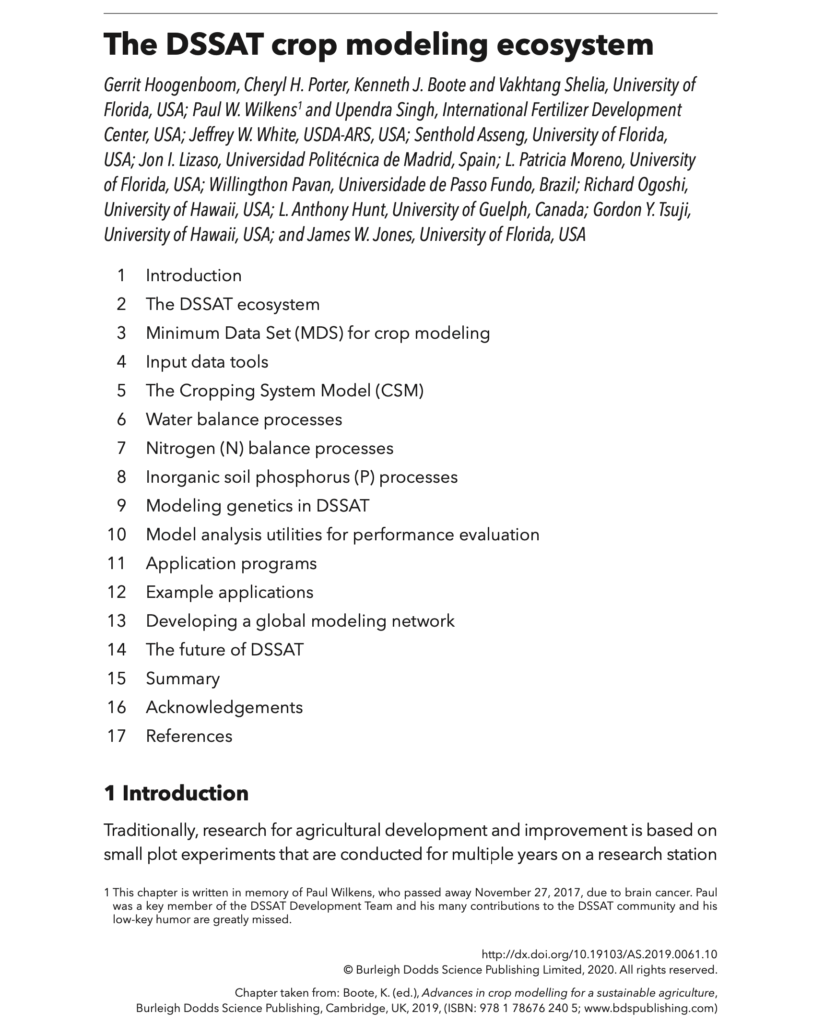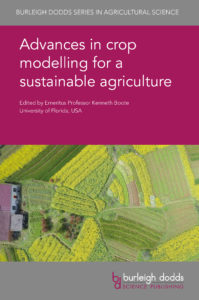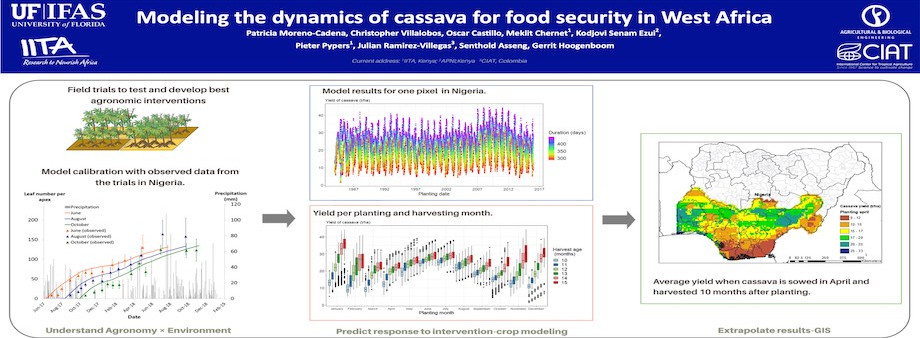DSSAT 2019 International Training Program @ Thailand
The DSSAT and MWCropDSS 2019 International Training Program entitled “Efficient and precision agricultural resource utilization under changes with simulation models and GIS” will be held from August 19 through August 24, 2019 at Chiang Mai University in Chiang Mai, Thailand. This workshop is jointly presented by Chiang Mai University, The University of Florida, and the […]
DSSAT participates in the Agricultural Model Exchange Initiative
A model development workshop was held at the University of Florida April 9-11, 2019 to collaborate on the Agricultural Model Exchange Initiative (AMEI), an open initiative that aims to address challenges for exchanging model units at different granularities between modeling frameworks. Pierre Martre and Cyrille Midingoyi from INRA and Christophe Pradal from CIRAD traveled to […]
DSSAT 2019 @ Vietnam
The significant rise in the frequency of extreme weather events in recent years has affected agricultural production systems and posture severe problems to farmers, agricultural scientists and extension officers, especially for making decisions at a field level. Hence, it is necessary to strengthen the capacity of regional extension personnel and scientists by providing significant strategies […]
GARDIAN and facilitating data interoperability at CGIAR
The CGIAR online search engine, GARDIAN, is easy to navigate and to perform simple queries to locate data and publications; however, there is a challenge to making these data useable on a large scale. There is a major gap between the potential value of data collected in agricultural experiments and the value currently obtained through […]
Cross-continental disease and crop modeling collaborations to beat back wheat blast
Cross-continental collaborations facilitated by the CGIAR Platform for Big Data in Agriculture thrive to beat back the threat of wheat blast in Brazil and Bangladesh. Wheat blast disease is a major threat to smallholder farmers. The disease was first discovered in Brazil in 1985. Decades later it escaped from South America when it crept its […]
10th DSSAT Development Sprint at the University of Florida
The 10th DSSAT Development Sprint was held from January 07-11, 2019, at the Institute for Sustainable Food Systems & Agricultural and Biological Engineering Department of the University of Florida. The DSSAT Development Sprints are open to anyone interested in programming, but note these are not advanced training workshops.
DSSAT 2018 @ Thailand
The DSSAT 2018 & MWCropDSS International Training Program was successfully held at the Green Lake Resort Hotel, Chiang Mai, Thailand from August 27 through September 1, 2018. A total of 24 participants from China (4), Bhutan (1), India (1), Indonesia (1), Japan (1), Thailand (15), USA (1), and 2 observers attended the workshop. The workshop […]

